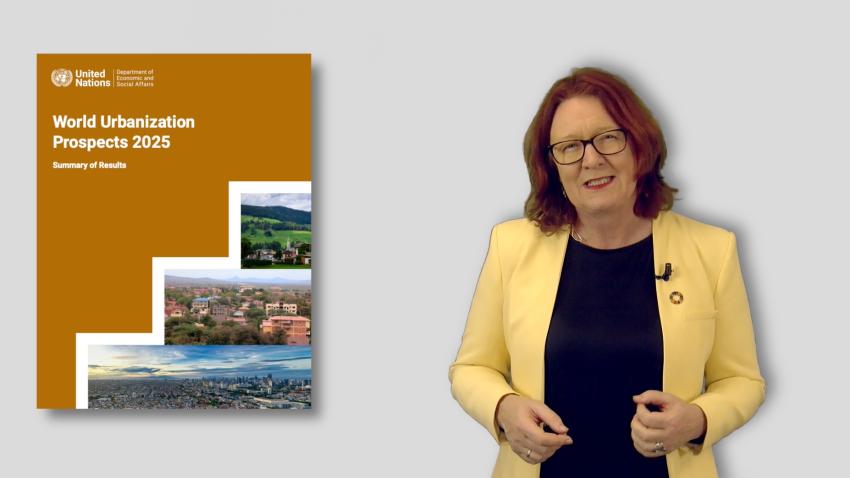The way indigenous peoples around the world responded to the global COVID-19 pandemic has proven their resilience in overcoming challenges by drawing on their traditional knowledge and practices. At the same time the disproportionate impact of the crisis on indigenous communities has raised questions about the tangible damage inflicted by inequalities and exclusion.
The COVID-19 pandemic has made the inequalities of our societies glaringly obvious, particularly among disadvantaged populations, prompting the United Nations Secretary-General to support the rewriting of a new social contract – the implicit set of rules by which all members of a society live and interact with each other.
In many countries, where indigenous peoples were driven from their lands, their cultures and languages denigrated and their people marginalized from political and economic activities, they were never included in the social contract to begin with – the social contract was drawn up to support dominant populations.
However, it is a little-known fact, that the Constitution of the United States, the world’s first constitution and an attempt at codifying the social contract, created in 1787, was inspired, among others, by the social and political solutions of the Haudenosaunee. The most democratic forms of government that the Constitution’s authors had personally encountered were those of Native American nations.
Nearly 250 years later, in 2020, the drafting of the new Chilean constitution was entrusted to an assembly led by Elisa Loncón, an indigenous Mapuche woman, an academic and professor at the Santiago University in Chile, specializing in linguistics and indigenous rights. The previous, Pinochet-era constitution did not recognize Chile’s indigenous peoples.
Although numerous indigenous peoples worldwide are self-governing and some have been successful in establishing autonomy in various forms, many still come under the ultimate authority of central governments who exercise control over their lands, territories, and resources.
Despite that reality, indigenous peoples continue to demonstrate examples of good governance, ranging from the Haudenosaunee to the existing Sámi parliaments in Finland, Sweden, and Norway.
But even with these and other achievements, the daily experience of most indigenous peoples is still that of being left out of the social contract and left behind in social and economic development.
The 2021 International Day of the World’s Indigenous will address this injustice and serve as a rallying cry for rewriting the unwritten rules. UN DESA will organize an interactive discussion on a new and inclusive social contract– one based on genuine participation and partnership that fosters equal opportunities and respects the rights, dignity, and freedoms of all.
The whole of society, not only governments but also social activists: indigenous peoples, women, academia, scientists, all have a role to play in building and redesigning a new social contract that serves the interest of “We, the peoples” – and serves as an expression of cooperation for social interest and common good for humanity and nature.
Indigenous peoples’ right to participate in decision-making is key to achieving genuine reconciliation between indigenous peoples and States. Therefore, a new social contract must also address the legacy of exclusion and marginalization affecting indigenous peoples through their meaningful and effective participation and the obtainment of their free, prior, and informed consent.
For more information and to register for the official commemoration: International Day of the World’s Indigenous Peoples




